
HR001 was found to have an efficacious response for patients with relapsed/refractory non-Hodgkin lymphoma.

Your AI-Trained Oncology Knowledge Connection!


HR001 was found to have an efficacious response for patients with relapsed/refractory non-Hodgkin lymphoma.
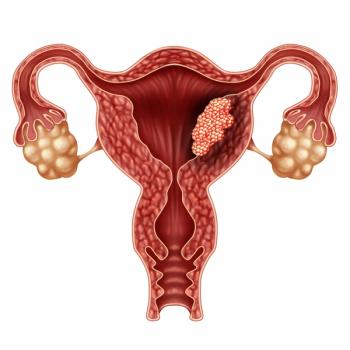
SEER data showed that Black patients endometrioid endometrial carcinoma had higher 5-year cancer-related death rates compared with their White counterparts.

Findings from the phase 3 CheckMate 67T trial showed noninferiority of subcutaneous nivolumab when compared with intravenous nivolumab.

Data from the phase 3 SKYSCRAPER-08 trial may support tiragolumab plus atezolizumab and chemotherapy as an alternative frontline treatment option for those with locally advanced or metastatic esophageal squamous cell carcinoma.

Data from the phase 3 SEQUIOA trial may support zanubrutinib as a best-in-class Bruton tyrosine kinase inhibitor in the frontline management of chronic lymphocytic leukemia.
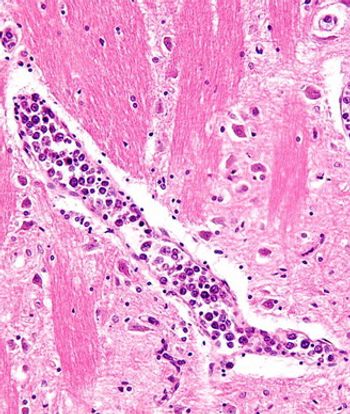
Treatment with pirtobrutinib may be a standard of care in patients with relapsed/refractory mantle cell lymphoma previously treated with a covalent BTK inhibitor, says Jonathon B. Cohen, MD, MS.

The addition of venetoclax to ibrutinib yields a favorable benefit/risk profile in patients with relapsed/refractory MCL, according to data from the phase 3 SYMPATICO trial.
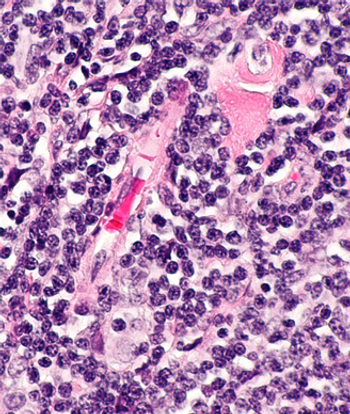
Pirtobrutinib may be a clinically meaningful option for those with relapsed/refractory follicular lymphoma, although additional data are necessary, says Nirav N. Shah, MD.
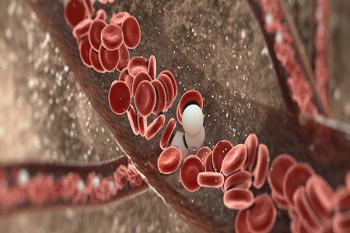
Treatment with golidocitinib meets the primary endpoint of ORR as well as the secondary endpoints of PFS and safety in the phase 2 JACKPOT8 trial.

Data from the phase 3 TROPION-Breast01 trial support datopotamab deruxtecan as a potential treatment option for patients with endocrine-resistant, hormone receptor–positive, metastatic breast cancer, says Aditya Bardia, MD, MPH.

Amivantamab plus chemotherapy may be the new standard of care for patients with EGFR-mutated advanced non–small cell lung cancer that has progressed following osimertinib, according to Antonio Passaro, MD, PhD.
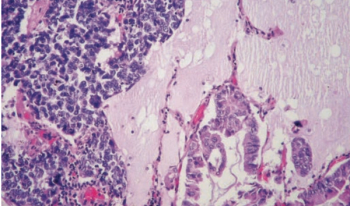
Cabozantinib may become a new treatment option for those with previously treated advanced neuroendocrine tumors based on data from the phase 3 CABINET trial.

Those with advanced mucosal melanoma who were treated with lifileucel saw clinically meaningful activity.

Patients with recurrent ovarian cancer did not see an improvement in efficacy when given atezolizumab plus chemotherapy and niraparib.

Pomalidomide plus bortezomib and dexamethasone confers a larger progression-free survival benefit than bortezombib plus dexamethasone among patients with relapsed/refractory multiple myeloma in the phase 3 OPTIMISMM trial.

Bispecific antibodies may be more broadly applicable as treatment for patients with multiple myeloma in the short-term, according to Ajai Chari, MD.
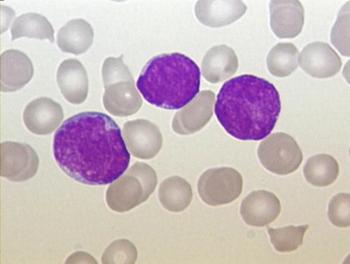
Ponatinib also produces an improvement in progression-free survival compared with imatinib among those with Philadelphia chromosome-positive acute lymphoblastic leukemia in the phase 3 PhALLCON trial.

Robert J. Motzer, MD, reviews the need for increased studies on the use of immunotherapy in later-line settings for advanced renal cell carcinoma.

Trastuzumab deruxtecan may become a new therapy option for patients with HER2-positive tumors, according to an expert from The University of Texas MD Anderson Cancer Center.

SWOG S1826 is an open-label trial that enrolled patients with newly diagnosed stage III or IV classical Hodgkin lymphoma who were randomly assigned to receive either nivolumab/AVD or brentuximab vedotin/AVD.
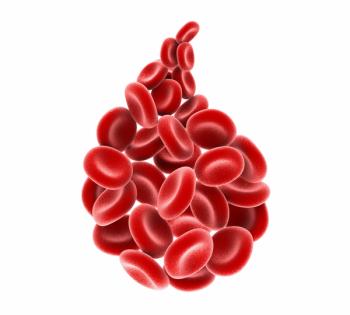
Patients with highly transfusion dependent, relapsed/refractory myelodysplastic syndrome appear to have long-lasting transfusion independence and increased hemoglobin following treatment with imetelstat.

Results from the phase 3 NATALEE trial investigating ribociclib plus endocrine therapy may change practice for the treatment of hormone receptor–positive or HER2-negative early breast cancer, according to an expert from the University of Chicago Medicine.
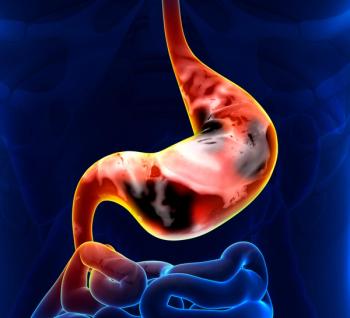
HER-Vaxx with standard-of-care chemotherapy yielded benefit in patients with HER2-overexpressing metastatic or advanced gastric/gastroesophaeal junction adenocarcinoma.

Trastuzumab deruxtecan improved survival outcomes vs trastuzumab emtasine in patients with HER2-positive breast cancer, according to updated results from the DESTINY-Breast03 trial.

Data from the phase 1 METEOR-1 trial showed modest efficacy with GSK3326595, a PRMT5 inhibitor, in patients with advanced solid tumors.

Results from a presentation at 2022 ESMO showed DCC-3116 was tolerated in patients with RAS or RAF-mutant solid tumors.

Results of a phase 2 trial show favorable efficacy and tolerable safety of naporafenib in combination with rineterkib, trametinib, or ribociclib in previously treated, unresectable or metastatic melanoma.

CLDN6-directed CAR T-cell therapy BNT211-01 showed clinical activity as monotherapy and in combination with a CLDN6-encoding mRNA vaccine in relapsed/refractory advanced solid tumors.

Patients with non–small cell lung cancer previously treated with multiple lines of therapy may benefit from treatment with patritumab deruxtecan.

Ifosfamide leads to slightly better event-free and overall survival vs topotecan/cyclophosphamide in relapsed or refractory Ewing sarcoma.